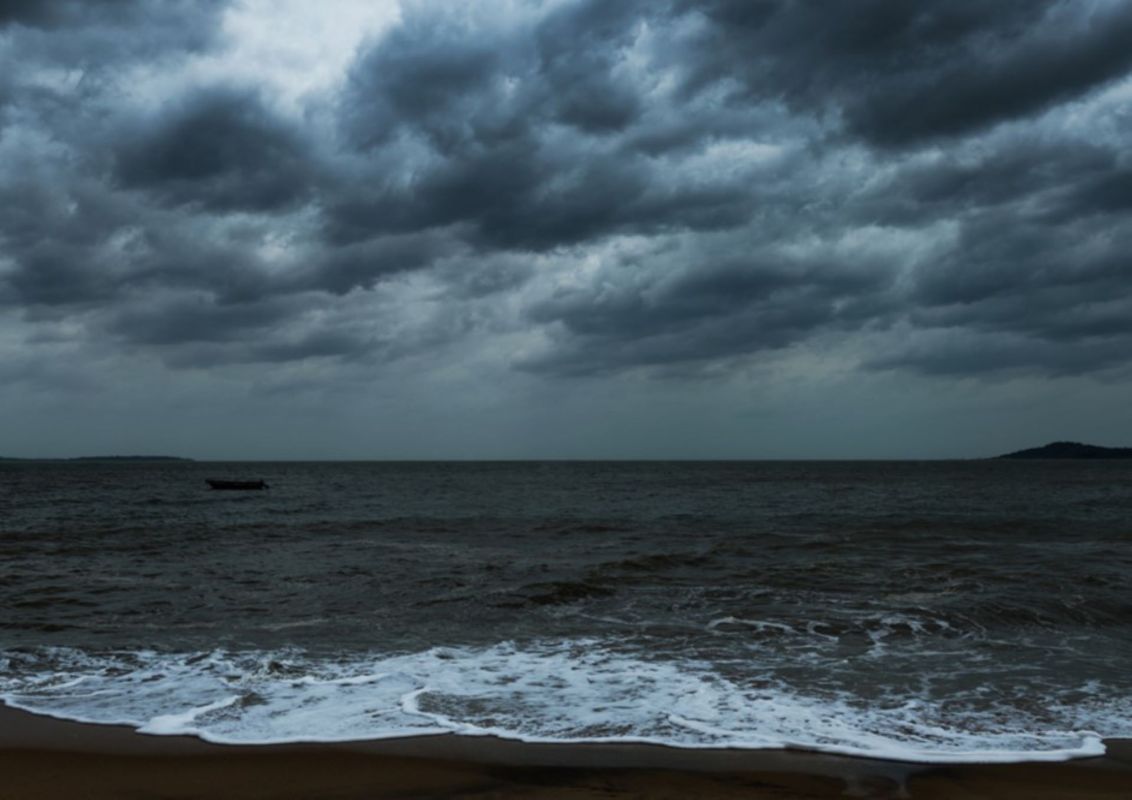The world's temperature is climbing, with experts predicting that the next five years will likely be the hottest on record. But that doesn't just affect the weather on land; the ocean is heating up too.
CBS News reported that the North Atlantic is experiencing record-high temperatures that are likely to continue.
What's happening?
In late spring and summer, sea temperatures worldwide were at a record high for that time of year.
Because the North Atlantic tends to cycle between periods of generally high and low ocean temperatures ("El Niño" and "La Niña," respectively), the current trend of highs will likely continue as El Niño sets in, CBS News explained. But the heat has exceeded what's expected during El Niño and has surpassed experts' predictions.
"We are in uncharted territory and we can expect more records to fall as El Niño develops further and these impacts will extend into 2024," World Meteorological Organization director of climate services Christopher Hewitt said in a press release. "This is worrying news for the planet."
Why do high ocean temperatures matter?
First, warmer water hurts fish populations, CBS News said. Hot water holds less dissolved oxygen, killing some fish, while others retreat to cooler water closer to the Earth's poles. This empties out the fishing grounds where the seafood industry operates, reducing the availability of fish and raising prices for buyers.
Second, warm water causes coral bleaching. This turns coral white and makes them more vulnerable to disease. Coral also provides shelter for many kinds of fish eggs, so they're also vital to fish populations — and very difficult to replace.
Third, algae blooms in warm waters can grow out of control. Some harmful algae species create toxins that are absorbed by the shellfish that eat them, making the shellfish poisonous too.
Fourth, the warmer ocean water is melting ice at the poles. In June, the sea ice was at its lowest ever for that time of year.
Because bright white ice reflects sunlight, as NASA reported, having less ice cap means the remaining ice melts more quickly. Then, more heat gets absorbed by dark ocean waters instead of being reflected, accelerating the Earth's rising temperature.
What's being done about the heat?
The best way to cool off the planet will be to stop the air pollution that traps heat in our atmosphere. Many governments and organizations around the world are trying to reduce the use of polluting energy sources.
Ordinary people can help by switching from gas to clean-powered electricity when possible.
Join our free newsletter for easy tips to save more, waste less, and help yourself while helping the planet.









